US antitrust bills designed to curb big tech pass House Committee stage
Google argues the bills constitute an attack on American consumers and undermine US tech leadership

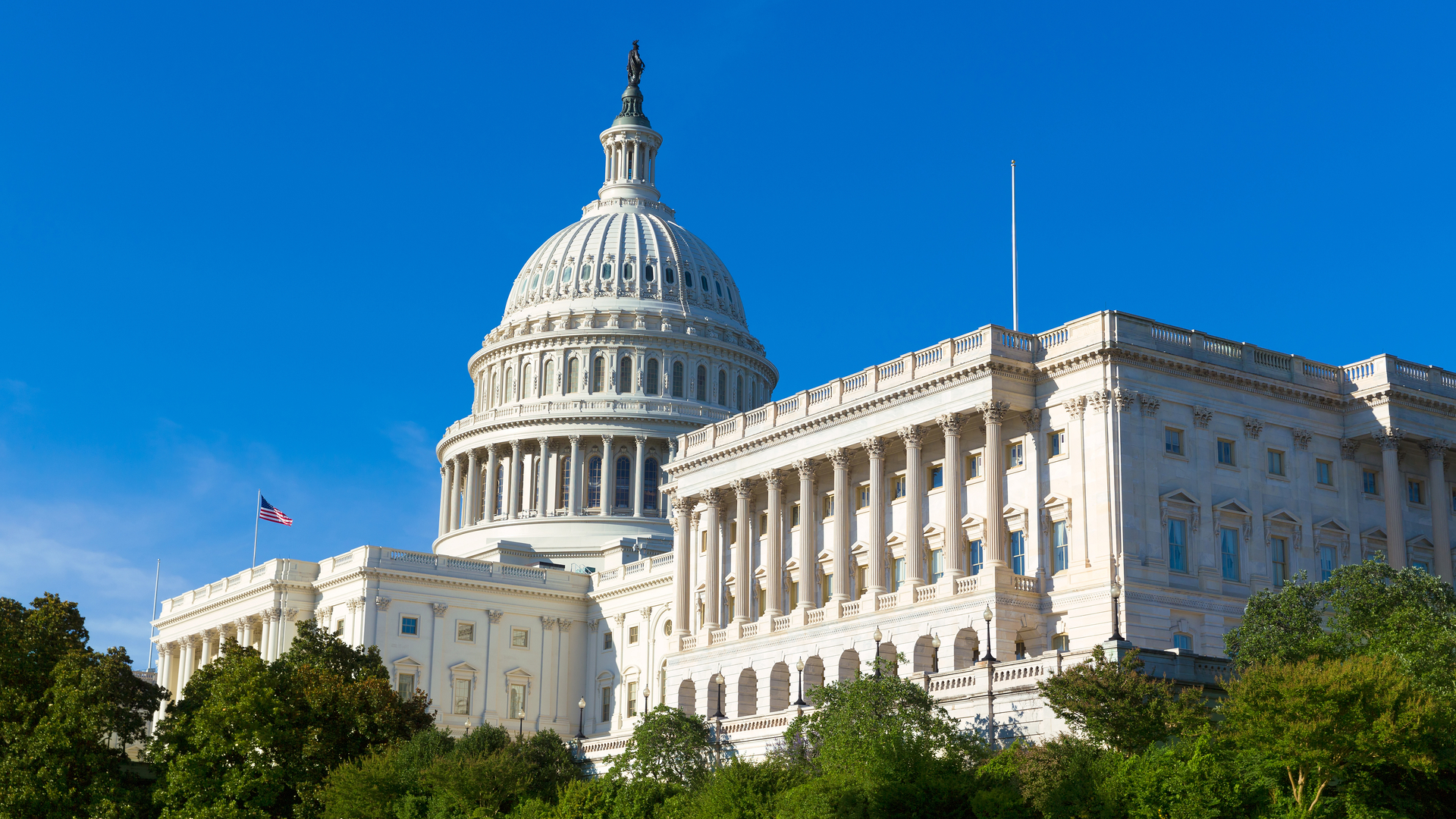
The House Judiciary Committee has approved legislation aiming to curb the market dominance of tech giants, with the potential to break up larger entities.
A package of six bills was presented on Wednesday, five of which have since been approved, with one still in the debate process at the time of writing.
One significant bill, approved in the early hours of Thursday morning by 24-20, is the American Innovation and Choice Online Act, which looks to prohibit discriminatory conduct by dominant platforms, including a ban on self-preferencing. This would prohibit big tech companies from favouring their own products on their platforms.
Another key bill, the Augmenting Compatibility and Competition by Enabling Service Switching, or Access, Act, which passed 25-19, requires large internet platforms to make it easier for users to transport their data to other platforms. It would give the Federal Trade Commission (FTC) extensive new powers.
The Platform Competition and Opportunity Act was also approved 24-17 which effectively prohibits acquisitions of competitive threats by dominant platforms, as well as acquisitions that expand their market power.
Of the two other bills passed, one aids state attorneys general in procedural battles in antitrust court cases, while the other raises federal fees on corporate merger reviews. The last bill, the Ending Platform Monopolies Act, which aims to eliminate the ways dominant platforms leverage their control across multiple business lines, will be debated at 11am (EST) following a six-hour recess.
The bills still need to pass a full House vote, although it remains unknown when they will be brought to the floor.
Sign up today and you will receive a free copy of our Future Focus 2025 report - the leading guidance on AI, cybersecurity and other IT challenges as per 700+ senior executives
A number of large tech companies have put pressure on legislators in the run-up to the vote, arguing that a delay in the vote was needed for further debate.
“American consumers and small businesses would be shocked at how these bills would break many of their favourite services,” said Mark Isakowitz, vice president of government affairs and public policy for Google to WSJ. “This would all dramatically undermine U.S. technology leadership, damage the way small businesses connect with consumers and raise serious privacy and security concerns.”
Apple also argued that the American Choice and Innovation Online Act, which would create a way for users to download apps onto their iPhones without having to use the company’s App Store, would harm customers by threatening their privacy and potentially exposing their data to ransomware attacks.
RELATED RESOURCE

IT Pro 20/20: What the EU's new AI rules mean for business
The 17th issue of IT Pro 20/20 considers the effect of new regulations on the IT industry
This comes as the Biden administration recently appointed antitrust researcher Lina Khan as the chair of the FTC, a move welcomed by legislators who are keen to clamp down on the big tech’s market power. US senator Elizabeth Warren called the appointment “tremendous news” and said that big tech companies deserve the growing scrutiny they are facing.
The bills were originally introduced in early June as legislators looked to restore competition to the digital marketplace and rein in the largest tech platforms through an agenda called "A Stronger Online Economy: Opportunity, Innovation, Choice". Judiciary Committee chairman David Cicilline underlined how tech monopolies have too much power over the US economy and are in a position to “destroy small businesses” and “pick winners and losers”.
Zach Marzouk is a former ITPro, CloudPro, and ChannelPro staff writer, covering topics like security, privacy, worker rights, and startups, primarily in the Asia Pacific and the US regions. Zach joined ITPro in 2017 where he was introduced to the world of B2B technology as a junior staff writer, before he returned to Argentina in 2018, working in communications and as a copywriter. In 2021, he made his way back to ITPro as a staff writer during the pandemic, before joining the world of freelance in 2022.
-
 Will autonomous robotics leap forward in 2026?
Will autonomous robotics leap forward in 2026?In-depth Connectivity and cost benefits remain barriers, despite breakthroughs in physical AI
-
 AWS and NTT Data team up to drive legacy IT modernization in Europe
AWS and NTT Data team up to drive legacy IT modernization in EuropeNews Partnership between AWS and NTT DATA aims to boost AWS European Sovereign Cloud capabilities
-
 UK’s ‘Tech Prosperity Deal' with US hits rocky ground
UK’s ‘Tech Prosperity Deal' with US hits rocky groundNews The US has reportedly threatened to pull out of the deal over the Digital Services Tax and broader economic disagreements
-
 ‘The UK must position itself as the destination of choice’ in wake of H-1B visa crackdown, tech policy group says
‘The UK must position itself as the destination of choice’ in wake of H-1B visa crackdown, tech policy group saysNews The UK has a massive opportunity to capitalize on the US government’s H-1B visa changes
-
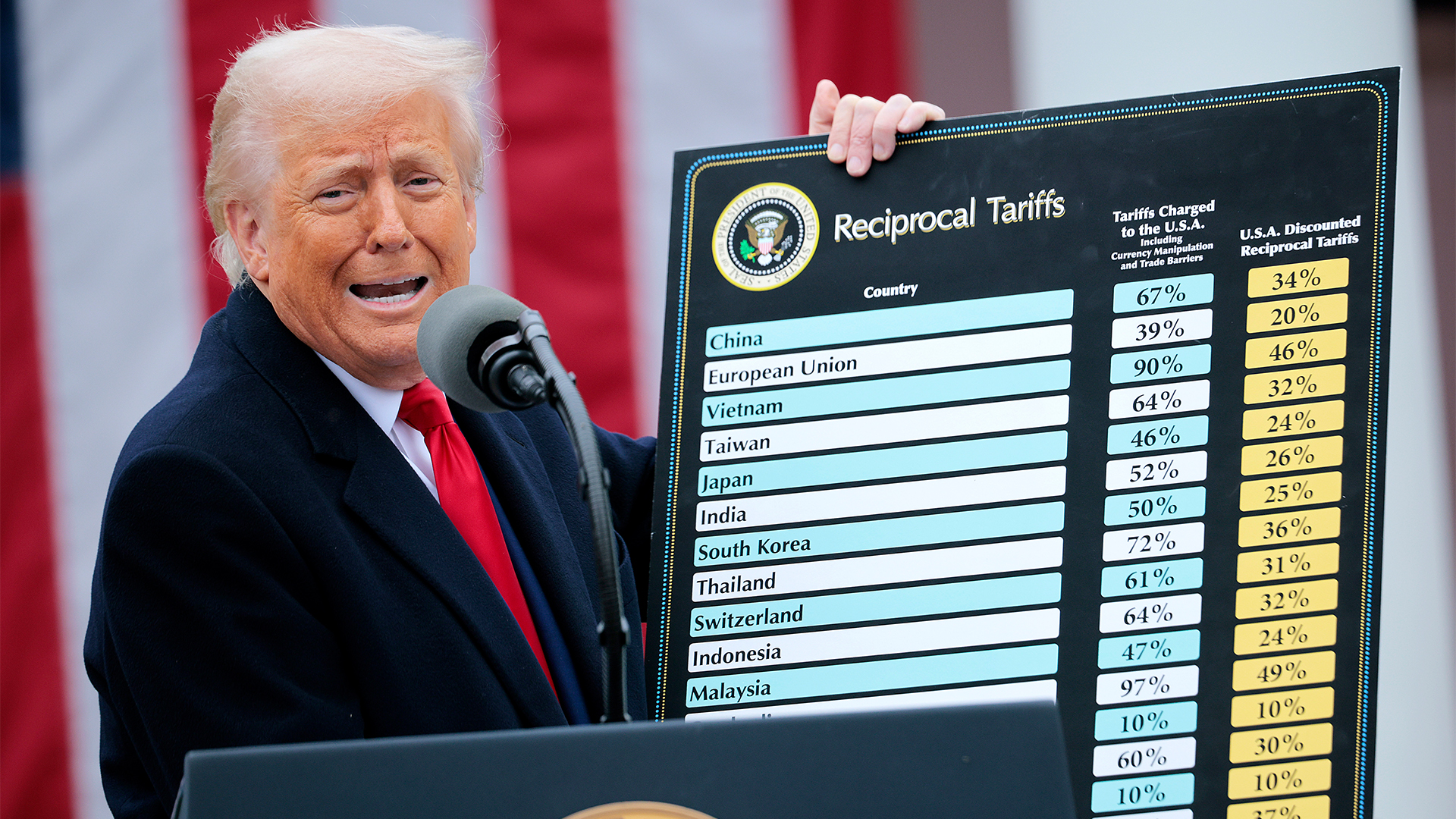 IDC warns US tariffs will impact tech sector spending
IDC warns US tariffs will impact tech sector spendingNews IDC has warned that the US government's sweeping tariffs could cut global IT spending in half over the next six months.
-
 US government urged to overhaul outdated technology
US government urged to overhaul outdated technologyNews A review from the US Government Accountability Office (GAO) has found legacy technology and outdated IT systems are negatively impacting efficiency.
-
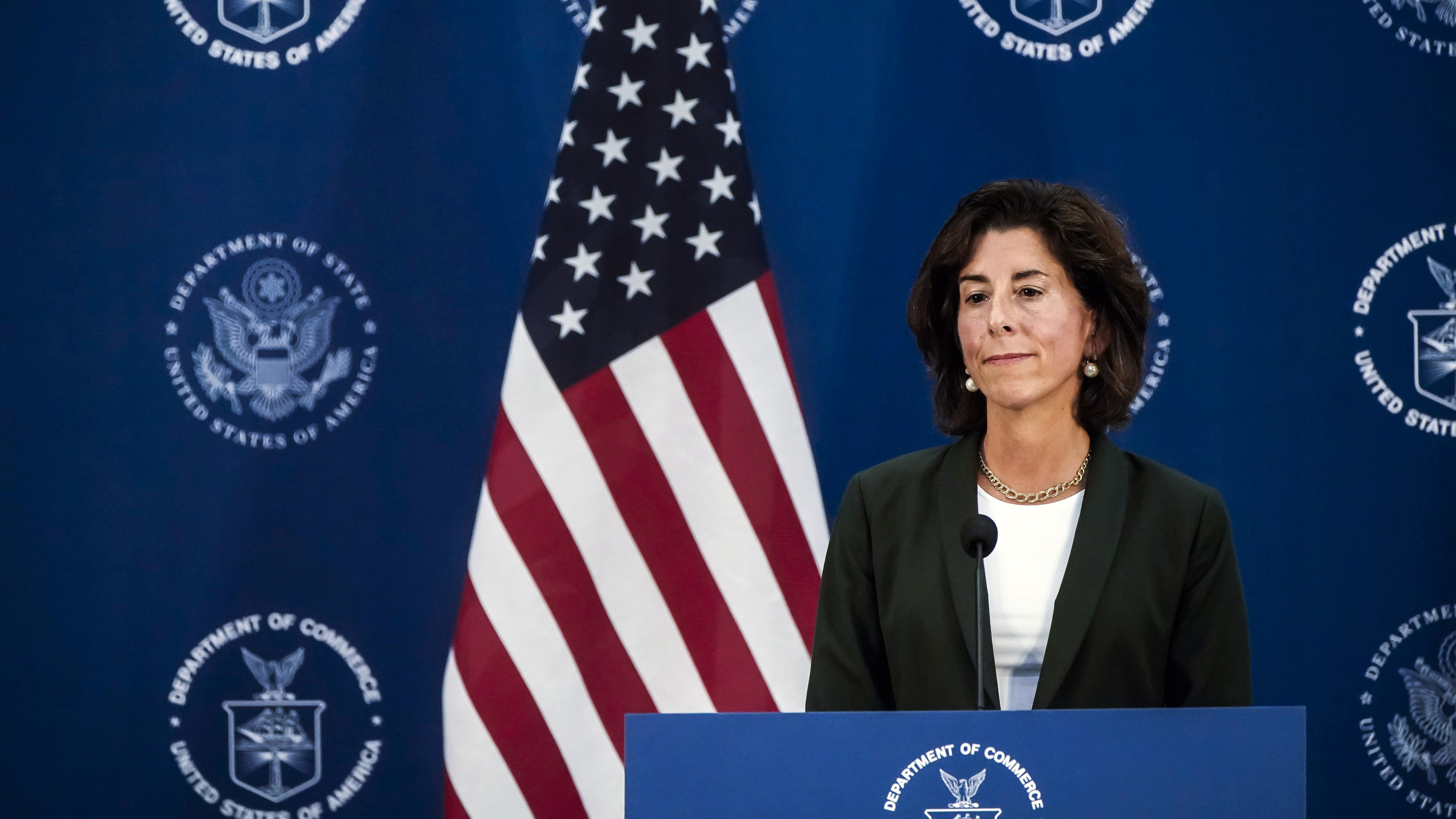 US proposes new ‘know-your-customer’ restrictions on cloud providers
US proposes new ‘know-your-customer’ restrictions on cloud providersNews The US aims to stifle Chinese AI competition with new restrictions on cloud providers to verify foreign data center users
-
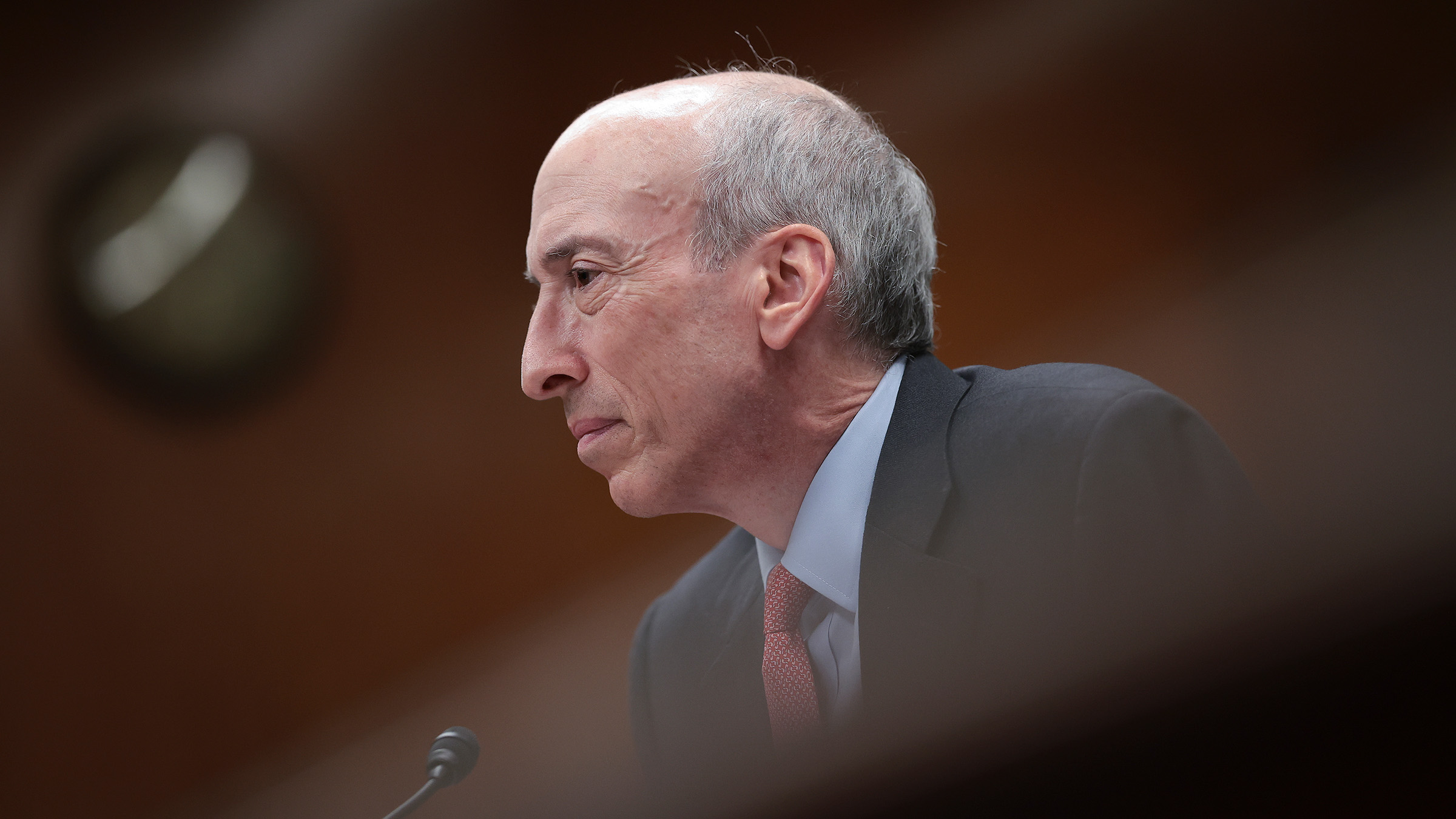 SEC passes rules compelling US public companies to report data breaches within four days
SEC passes rules compelling US public companies to report data breaches within four daysNews Foreign entities trading publicly in the US will also be held to comparative standards
-
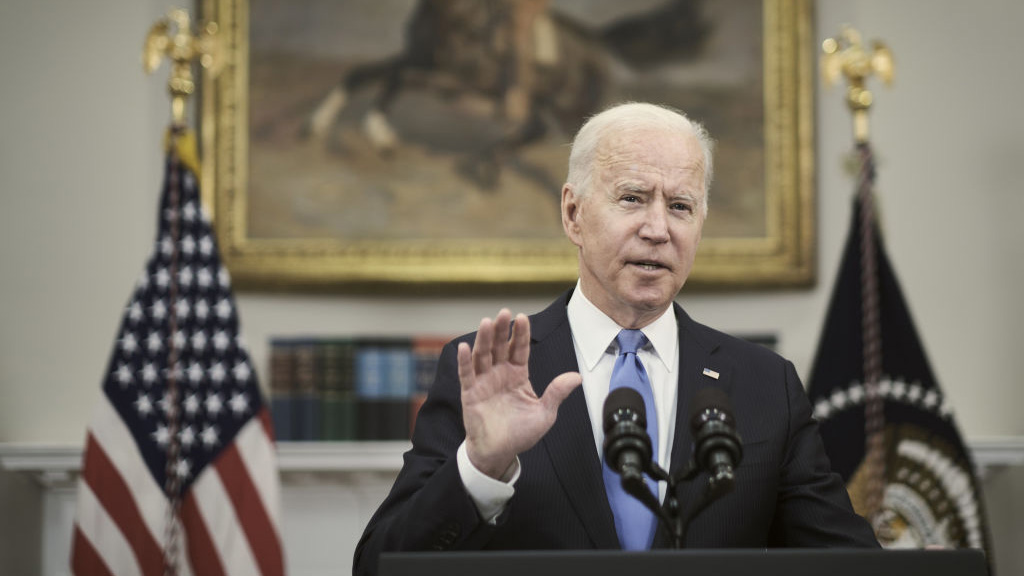 US says National Cybersecurity Strategy will focus on market resilience and private partnerships
US says National Cybersecurity Strategy will focus on market resilience and private partnershipsNews The recently announced implementation plans alow for more aggressive action against ransomware gangs
-
 US ‘Tech Hubs’ drive aims to boost innovation in American heartlands
US ‘Tech Hubs’ drive aims to boost innovation in American heartlandsNews The development of the hubs will could help drive regional innovation and support for tech companies
